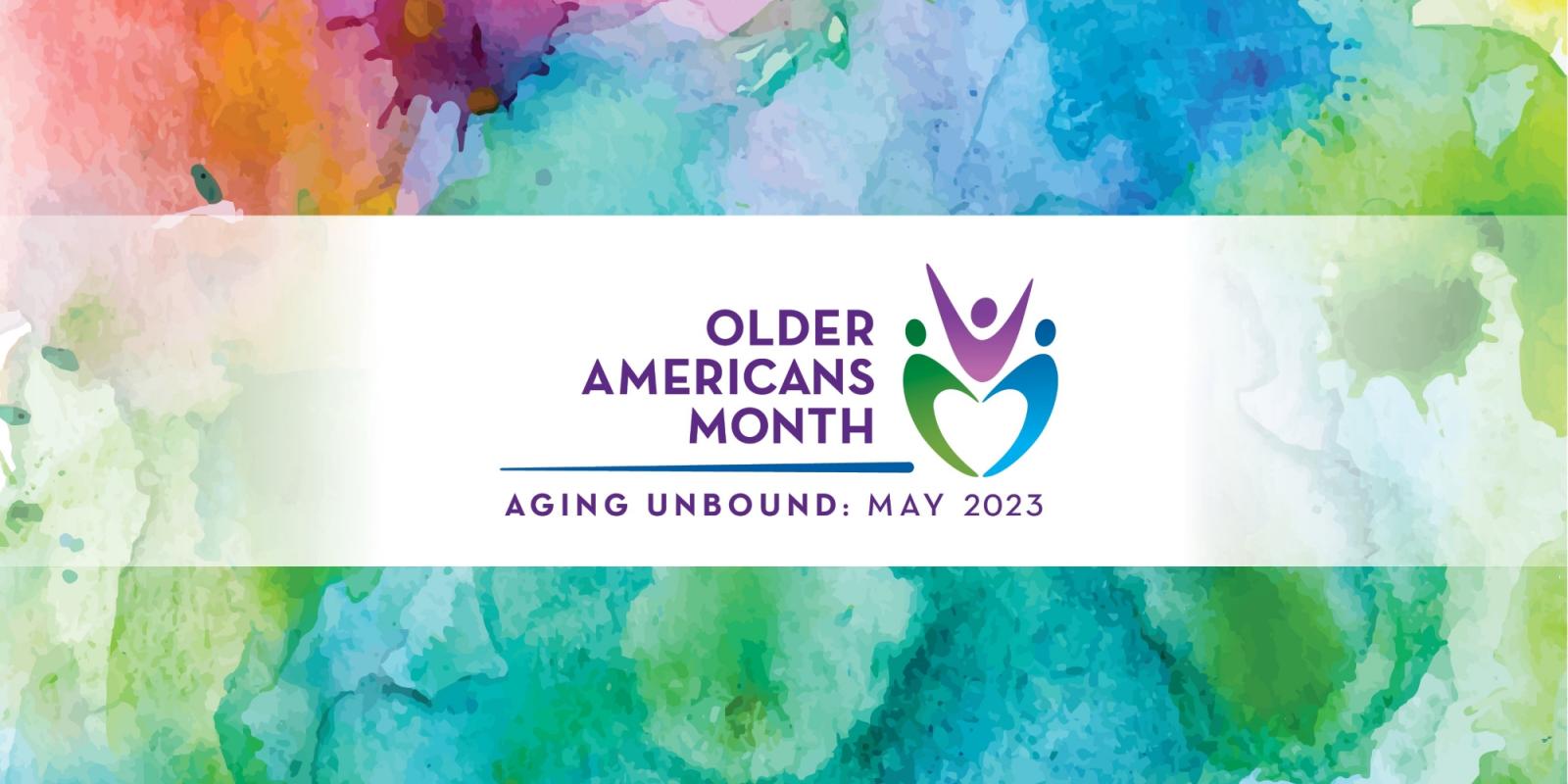The Administration for Community Living (ACL), which is part of the U.S. Department of Health and Human Services, leads the annual celebration of Older Americans Month. This year, ACL wisely chose the theme “Aging Unbound” to foster greater discussions around how we can battle stereotypes about aging. But in issuing its annual Older Americans Month proclamation, the White House did anything but and instead rebounded aging back to 1963, when President John F. Kennedy issued the first proclamation. Back then, the average life expectancy was not quite 70, and it was presumed all older adults were in need of help, financially and medically.
To be sure, the Biden Administration should be proud of its accomplishments supporting older adults, such as making certain prescription drugs more affordable, protecting Medicare and Social Security, and expanding caregiving support. But the spirit of this month is to remind all Americans that older Americans are more than just patients and beneficiaries. Sadly, by using paternalistic language, such as “our senior citizens,” the White House missed the opportunity to showcase the diversity, optimism and empowerment of aging. One quick review of any number of best practice guidelines from the American Medical Association, Associated Press, or Reframing Aging, could have gone a long way to stop perpetuating stereotypes.
To be fair, it’s not entirely their fault. The official (and unofficial) author(s) of that proclamation are products of how our society views aging. In addition to government, academia, philanthropy, business and individuals, many of us tend to link aging with a narrow set of public policies or actions, “other” or ignore the growing aging demographic, or tie negative beliefs to aging. So, in the spirit of ACL’s request to celebrate Older Americans Month by promoting flexible thinking about aging—here are four ways to unbound aging:
- Breakdown silos of learning—Academic institutions are places where we are meant to learn to inform the future. But we aren’t preparing students with a basic understanding of the aging society in which they will be working. Imagine if we created a multidisciplinary curriculum requiring students to understand our rapidly shifting demographics, and how aging is shaping our society and economy? What if, in addition to requiring law students to take estates and trusts, they also learned how to advise older entrepreneurs on getting start-up funds, or family members who are caregiving to the vast aging network in place to support them?
- Separate expectations from philanthropy—Federal funding only goes so far in supporting the needs and providing opportunity to all of us as we age. Thankfully, philanthropy plays a critical role in filling the void left by federal funding. But it shouldn’t be expected to. Instead, all sectors with capital to deploy should come together to innovate service delivery, collectively advocate for systemic changes to support our aging society, and listen to and trust community leaders, including frontline staff, on how to have greater impact.
- Untether bias from business—People born between 1946 and 1964 spend more than half a trillion dollars each year, according to a study by Epsilon. Yet, according to Age of Majority, 53% of working adults believe that consumers ages 50 and older are being ignored by marketers. Why? Bias. Whether it’s ageist stereotypes, marketing departments that aren’t age-inclusive, or technology solutions created by younger founders without older adults in mind, bias is inherent in many businesses. But investing in the purchasing power of an older, diverse consumer could just recession-proof a business.
- “Free your mind, and the rest will follow.”—En Vogue, the popular vocal group of the ’90s, were onto something with the title of their hit song “Free Your Mind.” As individuals we are our own worst enemies when it comes to thinking about aging. Why should the number of candles on a birthday cake dictate the number of TikTok videos we make? Science has demonstrated that our ability to identify and overcome ageist societal expectations will go a long way to leading longer, healthier lives.
When an 84-year-old finishes the NYC Marathon, an 81-year-old lands the Sports Illustrated swimsuit-edition cover, and an 80-year-old seeks Presidential re-election, we need a modern Aging Unbound proclamation. We need more aging enthusiasts, and we need them to use their platforms to share a more creative, inclusive, productive vision of aging. One that’s unbound.
So, what’s your vision? Share it here.
Peter Kaldes is ASA’s president and CEO.













